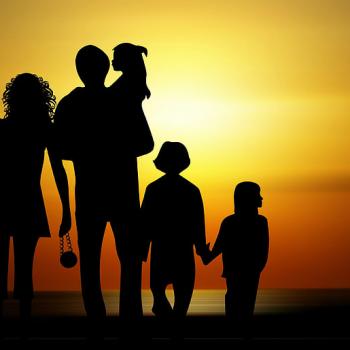The number of teenagers who have had sex and who have tried alcohol has plummeted since 1976, especially in the last decade. Christians will applaud that. But they might feel differently about some of the related findings. Getting a driver’s license, dating, and working for pay have also declined dramatically. Apparently, teenagers are turning away from the “adult rites of passage” and are choosing to remain children for longer. This is not necessarily a bad thing.
It isn’t that teenagers as a whole have stopped all of these activities. They are just doing so at a greatly reduced rate. In the late 1970s, 86% of high school seniors reported having gone out on a date; since 2010, only 63% had gone out on a date. In those same periods, the percentage of teenagers who had worked for pay has gone down from 76% to 55%. The percentage that had tried alcohol has gone down from 93% to 67%.
In a separate study cited by the Post, 54% of high school students said that they had had sex in 1991. In 2015, that percentage fell to 41%.
The pattern of decline is consistent across racial, geographic, and socioeconomic lines, and for rural, urban, and suburban regions.
To be a teenager is to occupy a strange zone of transition. You still live at home, are dependent on your parents, are still going to school, and in other ways, including emotionally, you are still a child. And yet, in physical development, sexual readiness, desire for independence, and other factors, you are an adult. Typically, a teenager is not allowed to be fully a child or an adult, and yet is pulled in both directions. No wonder the teenage years can be so tumultuous for both teenagers and their parents.
This study suggests that adolescents are choosing to postpone adulthood and to remain children for longer.
The Post article cites the theory that in times of uncertainty and hardship, children grow up faster, since they need to reproduce and work for their survival as soon as they can, before doom sets in.
Conversely, in times of security and affluence, children can grow up more slowly. They can postpone marriage, work, and adult responsibilities until later.
This seems to be the researchers’ explanations. And yet, the interviews with actual teenagers conducted by the Post reporter Tara Bahrampour suggest that these teenagers believe the world ahead of them is uncertain and that their lives are going to be hard. And that’s why they don’t want to grow up!
The thing is, teenagers are not adults, so they have no business having sex before they are married. Or drinking before they have reached the legal drinking age. So when they do, they typically pursue these activities in a childishly immature fashion, getting caught up in doomed and destructive romantic attachments and drinking in order to get drunk as an act of rebellion against their parents.
And yet, they are almost adults. They need to learn how to be adults, with adult responsibilities. So working at a job can be a good part of a teenager’s education.
Following God’s moral law can help them navigate these difficult years. So can wise parents. So can the Church by giving teenagers the ordered liberty that grows out of the Gospel.
Photo by verkeorg, Group of Multi-Ethnic Teenagers Taking a Selfie, via Flickr, Creative Commons License














